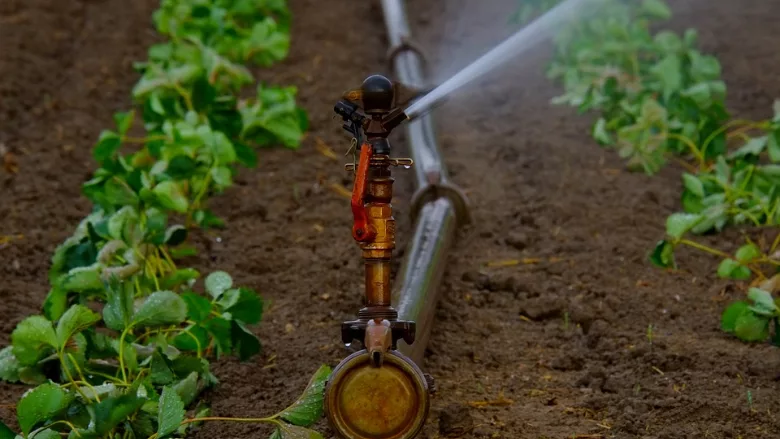FDA Removes Listeria from Test Panel for Preharvest Ag Water Treatments Protocol

Credit: music4life (music4life-19559) via Pixabay
The U.S. Food and Drug Administration (FDA) has worked with the U.S. Environmental Protection Agency (EPA) to update the protocol for the development and registration of antimicrobial treatments for preharvest agricultural water, removing Listeria monocytogenes from the organism test panel.
Agricultural water can be a major conduit of pathogens that can contaminate produce. FDA recognizes that effective treatments could be a valuable tool in helping to prevent foodborne illness associated with the consumption of produce. However, there are currently no registered antimicrobial treatment products that are authorized to control microorganisms of public health significance for use on agricultural fields, or for treatment of irrigation water systems or ponds.
A testing protocol, which is intended to help companies develop data on the efficacy of their products in inactivating pathogens in preharvest agricultural water, was developed through a collaboration between scientists in FDA’s Center for Food Safety and Applied Nutrition (CFSAN) and subject matter experts at EPA. EPA’s approval of the protocol means that companies and other agricultural water stakeholders may use the data developed using the protocol to support registration of new treatment products or amendments to current products’ labels for use against foodborne pathogens in preharvest agricultural water.
The change to the protocol is being made due to pilot studies suggesting that sanitizer treatments that are likely effective for Escherichia coli and Salmonella may be different from those that are most effective for L. monocytogenes. The finding is likely due to the physical characteristics of E. coli and Salmonella being distinctly different from those of L. monocytogenes. In light of recent outbreaks of Shiga toxin-producing E. coli (STEC) and Salmonella linked to produce, FDA and EPA agreed and decided to move forward with removing L. monocytogenes from the panel.
FDA expects that the change will facilitate the registration of antimicrobial treatments against STEC, other E. coli, and Salmonella in preharvest agricultural water, the availability of which will be a significant resource for farms to protect their crops against such pathogens. While FDA is removing L. monocytogenes from the protocol, companies may opt to continue testing against L. monocytogenes for inclusion in their registration with EPA.
The protocol is consistent with FDA New Era of Smarter Food Safety goals, and fulfills one of the action items in the 2020 Leafy Green STEC Action Plan.
Looking for quick answers on food safety topics?
Try Ask FSM, our new smart AI search tool.
Ask FSM →








